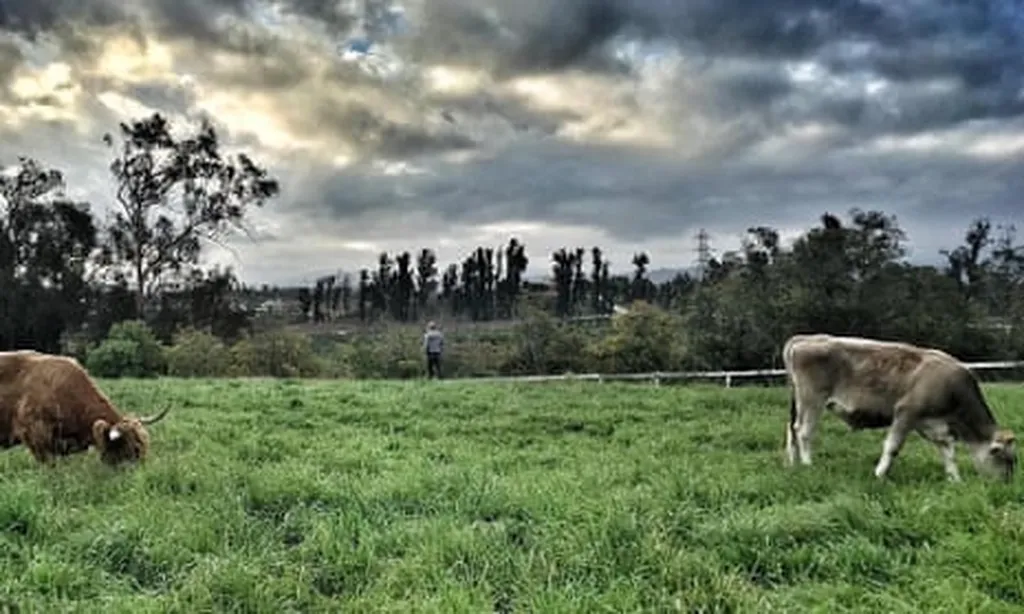In the rolling hills of Italy, a biodynamic vineyard named Mulini Di Segalari is quietly revolutionizing the way we think about the intersection of digital technology and agroecology. This isn’t just a story about grapes and wine; it’s a narrative that could reshape the future of sustainable agriculture and, by extension, the energy sector’s reliance on bio-based resources. At the heart of this transformation is Harika Meesala, a researcher from the Department of Agriculture, Food and Environment at the University of Pisa, who has been studying how digital tools can bolster agroecological practices.
Meesala’s research, published in the journal *Agriculture* (translated from Italian), challenges the conventional wisdom that digital agriculture and agroecology are at odds. Instead, her case study reveals a symbiotic relationship where digital technologies can actively reinforce agroecological principles when integrated into supportive socio-technical networks. “The farm’s transformation was driven not just by technology but through collaborative arrangements involving different stakeholders,” Meesala explains. This collaborative approach created new routines, roles, and information flows, supporting a more distributed and participatory model of innovation.
The study employs a technographic approach, which focuses on the social and technical interactions that shape the use of technology. Meesala found that the integration of digital tools led to the reconfiguration of social relations, knowledge systems, and governance structures within the farm. This isn’t just about planting grapes; it’s about planting the seeds of a new agricultural paradigm. “By demonstrating how digital tools can catalyse agroecological transitions in a context-sensitive and socially embedded manner, this study challenges the binary framings of technology versus ecology,” Meesala states.
So, what does this mean for the energy sector? As the world increasingly turns to bio-based resources for sustainable energy solutions, the methods by which we cultivate these resources become paramount. The insights from Meesala’s research suggest that digital technologies can play a crucial role in making agroecological practices more efficient and scalable. This could lead to a more sustainable supply chain for biofuels and other energy sources derived from agricultural products.
Moreover, the study highlights the importance of collaborative arrangements and socio-technical networks in driving innovation. This could inspire energy companies to foster similar collaborative environments, where technology and ecology work hand in hand to create sustainable solutions. As Meesala’s research shows, the future of agriculture—and by extension, the energy sector—lies not in choosing between technology and ecology, but in finding ways to integrate them effectively.
In a world grappling with climate change and resource depletion, the lessons from Mulini Di Segalari’s vineyard offer a beacon of hope. They remind us that innovation is not a solitary pursuit but a collaborative journey. And as we navigate this journey, the insights from Meesala’s research could very well shape the future of sustainable agriculture and energy production.

